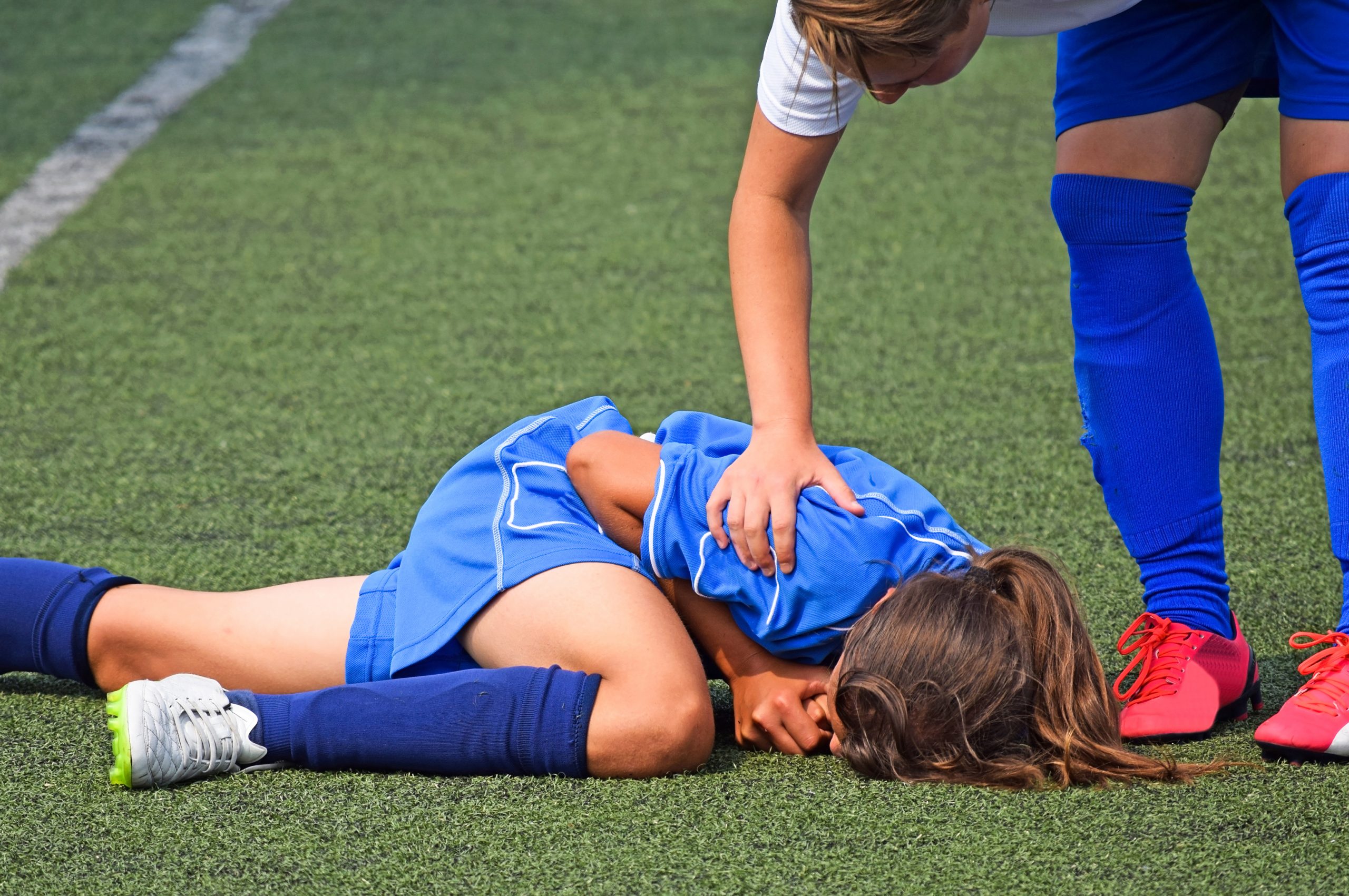
Coaching the Mental and Emotional Side of ACL Rehab
If you’re an athlete or an active person over the age of 30, you’ve had enough years to understand that life is a series of ups and downs, and to explore different activities that bring you happiness and a sense of fulfillment.
But for a dedicated teenage competitor, a serious injury such as an anterior cruciate ligament (ACL) tear can be devastating because their identity, sense of self-value, and dreams about their future are often tied to success in a given sport. And, the younger they are, the harder it is for an athlete to have perspective on the “long haul,” in that the abrupt end of a season or career due to trauma feels like The End.
Injury also brings a sense of loss of control over their own life, and separation from teammates. All of these changes and challenges, mixed in with adolescence, mean that coaching a teenager in rehab is not solely about muscles, ligaments and conditioning. When working with a young person as they rehab from ACL surgery, you can help the athlete to develop mental and emotional resilience by following simple principles:
Provide a space where it’s okay to be upset.
Allow the athlete to be angry about the injury, frustrated by the rehab process, and anxious about playing again. Make clear to the athlete that negative emotions are normal, and you will help them on the bad days and on the good days. As a mentor, you don’t have to “fix” those emotions or make them go away. You simply need to ask how they are doing, and then listen.
Emphasize commitment and consistency of effort.
While they don’t have to hide their feelings or be perfectly happy every day, the athlete does need to commit to doing their best and being consistent in their workouts, especially on the days when the process is hard and emotions are high. This is an important lifeskill; learning perseverance, and taking responsibility for your own progress.
Clarify your role in their recovery.
Make clear that you are there to help them get better, and to keep them safe. Rehabbing an injury requires the young person to periodically push out of their comfort zone. This can feel lonely and frightening. As a coach, you have professional eyes on the athlete, and can talk to them about appropriate drills, limitations therein to keep them safe, and how/why you want them to complete a challenging activity.
And finally…have fun.
Make some time for “recess” where the athlete gets to play in the best sense of the word, and re-establish their joy and confidence in moving. Rehab and training doesn’t have to be sport-specific and serious all of the time. Allow the athlete to choose a fun warm-up activity when they are having a low day, such as shooting hoops if they are a soccer player, catching a ball as they go through an agility ladder, or bungee cord drills (because no one actually uses bungee cords in their sport).
Maura J. Zimmer, NSCA-CPT, CSCS is a strength and conditioning coach at Olympia Fitness + Performance in Cranston, RI, and a three-time national champion in masters short-track speedskating. She specializes in helping people progress from physical therapy back to fully enjoying the activities they love.

